Traveling can be an exciting and wonderful experience, but it’s important to be aware of all the potential costs that come along with it. One of the fees that many travelers encounter is the bag check fee. Airlines charge this fee to cover the cost of handling and transporting checked bags. The fee can vary depending on the airline and the specific details of your itinerary.
So, how much does it cost to check a bag?
The cost of checking a bag can vary widely depending on several factors. Firstly, different airlines have different policies and fee structures. Some airlines include the cost of checking a bag in the price of the ticket, while others charge a separate fee. Additionally, the cost may depend on your destination and whether it’s a domestic or international flight. The number and weight of the bags you want to check can also affect the price.
It’s essential to familiarize yourself with the baggage policies of the airline you are flying with in advance to avoid any surprises at the airport.
Some airlines offer different options for baggage fees. For example, they may have a basic fare that doesn’t include any checked bags, but you can choose to pay an additional fee to check one or multiple bags. This can be a cost-effective option if you don’t need to check a bag for every trip.
- Fees for Domestic Flights
- Fees for International Flights
- Additional Fees for Oversized or Overweight Bags
- Tips to Avoid Oversized or Overweight Baggage Fees:
- Waiving Bag Check Fees
- 1. Frequent Flyer Status
- 2. Premium Cabin Tickets
- 3. Co-Branded Credit Cards
- Tips to Avoid Bag Check Fees
- Question-answer:
- How much does it cost to check a bag on domestic flights in the US?
- Are there any airlines that offer free checked bags?
- What are the additional fees for overweight bags?
- Do all airlines charge for carry-on bags?
Fees for Domestic Flights
When it comes to domestic flights, checking a bag can incur additional fees depending on the airline. Each airline has its own baggage policy, which includes details about how many bags can be checked for free and how much additional bags will cost.
For example, airline A may allow passengers to check one bag for free, but charge a fee for any additional bags. Airline B, on the other hand, may include the cost of checking a bag in the ticket price.
It is important for passengers to familiarize themselves with the baggage policy of the airline they are flying with to avoid any surprises at the airport. Some airlines may also offer different baggage options, such as a checked bag fee that includes a higher weight limit or priority boarding.
Passengers should also note that overweight or oversized bags may incur additional fees, regardless of the airline. These fees can vary and are usually determined by the weight and size of the bag.
It is advisable for passengers to pack light and within the weight and size limits set by the airline to avoid any additional fees. Additionally, passengers may consider using a carry-on bag to save money on baggage fees.
Conclusion
When traveling domestically, it is important to research and understand the baggage policies of the airline you are flying with. This will help you avoid any unexpected fees and make your travel experience more pleasant.
Fees for International Flights
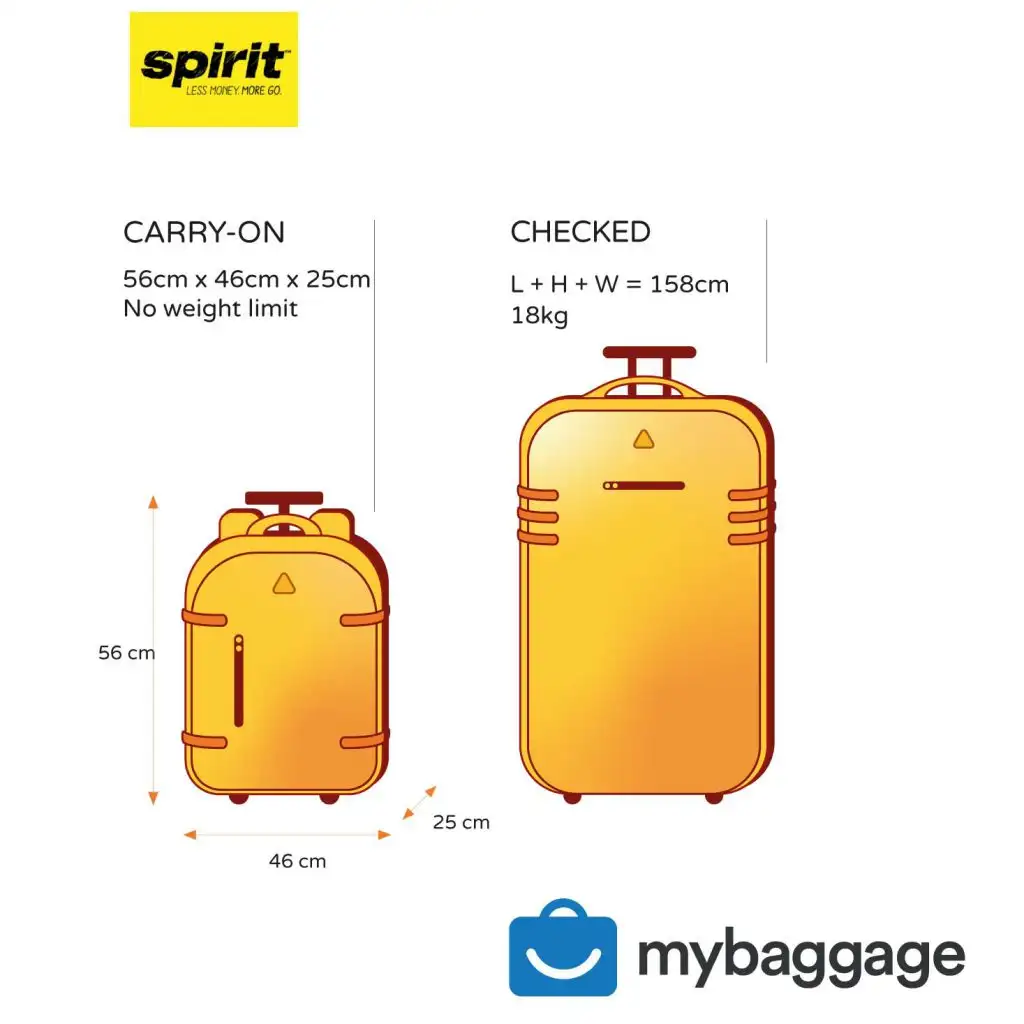
When it comes to international flights, the fees for checking a bag can vary depending on the airline and the destination. Some airlines offer a flat fee for all international flights, while others have a tiered system based on the regions you are traveling to.
Flat fees for checking a bag on international flights usually range from $25 to $100, with most airlines charging around $50. This fee typically covers one checked bag, and there may be additional charges for additional bags.
For airlines that have a tiered system, the fees for checking a bag can vary depending on the region you are traveling to. Generally, flights within North America and the Caribbean will have lower fees, while flights to Europe, Asia, and other far-reaching destinations will have higher fees. These fees can range from $50 to $200 or more.
It’s important to note that some airlines may have different fees for flights departing from different countries, so it’s always a good idea to check with the airline directly or consult their website for the most up-to-date information on baggage fees.
In addition to the fees for checking a bag, some airlines may also charge additional fees for overweight or oversized bags. These fees can vary but can be quite high, so it’s important to pack within the airline’s weight and size restrictions to avoid any additional costs.
If you are planning on checking a bag for an international flight, it’s a good idea to familiarize yourself with the baggage policies and fees of the airline you will be flying with. This way, you can avoid any surprises and plan accordingly for your trip.
Additional Fees for Oversized or Overweight Bags
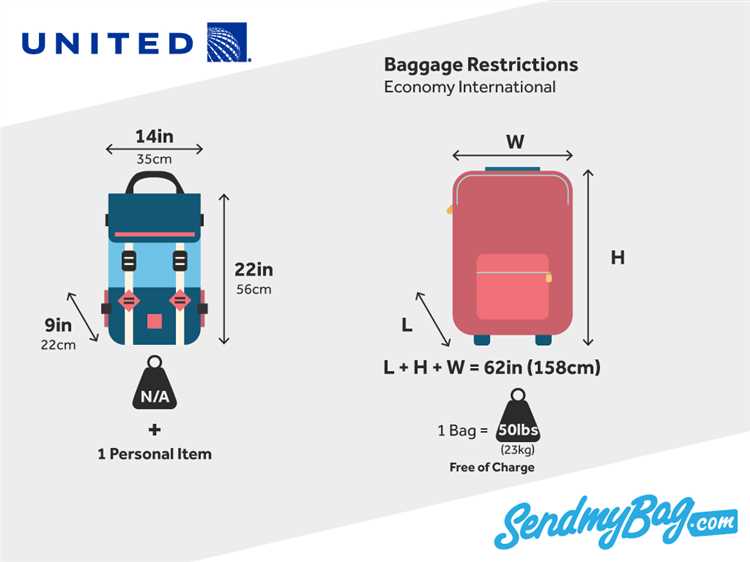
In addition to the fees for checking a bag, many airlines also charge extra for oversized or overweight bags. These fees may vary depending on the airline and specific weight and size restrictions, so it’s important to check with your airline before you travel.
If your bag exceeds the weight limit set by the airline, you may be subject to an additional fee. This fee is typically charged by the pound or kilogram that your bag is overweight. The exact fee can vary, but it’s usually in the range of $50 to $100 per overweight bag. Some airlines may also have a maximum weight limit, and if your bag exceeds this limit, you may not be allowed to check it at all.
Similarly, if your bag is oversized and doesn’t meet the airline’s size restrictions, you may also be charged an extra fee. Oversized bags are typically those that exceed the maximum dimensions set by the airline, which is usually around 62 linear inches (length + width + height). The fee for an oversized bag can range from $50 to $200, depending on the airline.
Tips to Avoid Oversized or Overweight Baggage Fees:
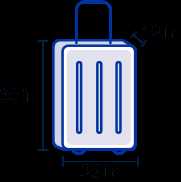
To avoid paying extra fees for oversized or overweight bags, here are some tips to keep in mind:
- Weigh your bag before you leave home to ensure it doesn’t exceed the weight limit set by the airline.
- Consider using a luggage scale to accurately measure the weight of your bag.
- Pack smart and avoid overpacking to keep your bag within the weight limit.
- Be mindful of the dimensions of your bag and make sure it doesn’t exceed the maximum size allowed by the airline.
- If you have an oversized item, such as a musical instrument or sports equipment, consider contacting the airline in advance to inquire about any special requirements or fees.
By following these tips and being aware of the potential fees for oversized or overweight bags, you can ensure a smoother and more cost-effective travel experience.
Waiving Bag Check Fees
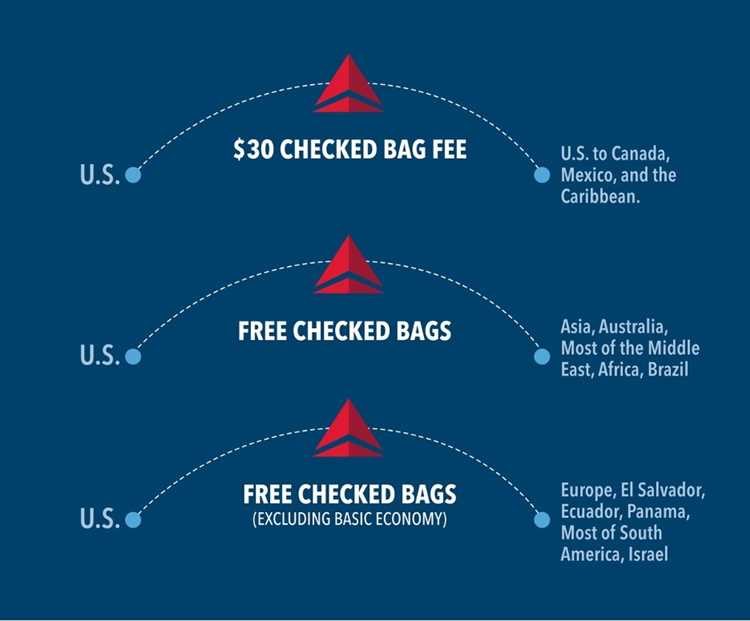
While most airlines charge fees for checking bags, there are several ways passengers can have these fees waived. These options include:
1. Frequent Flyer Status
Many airlines offer baggage fee waivers for passengers with frequent flyer status. By accumulating a certain number of miles or achieving a certain level of status within an airline’s loyalty program, travelers may qualify for waived bag check fees. It’s important to check with the specific airline to understand the requirements and benefits associated with frequent flyer status.
2. Premium Cabin Tickets
Passengers who purchase premium cabin tickets, such as first class or business class, often enjoy the benefit of waived bag check fees. Airlines generally offer more generous baggage allowances for these higher fare classes, which may include complimentary checked bags. Keep in mind that the number of allowed bags can vary depending on the airline and fare class, so it’s essential to review the specific baggage policies before booking.
Additionally, some airlines provide baggage fee waivers for passengers who purchase premium economy or other upgraded fare classes. These passengers may not receive the same baggage allowances as first or business class travelers, but they may still qualify for reduced or waived fees.
3. Co-Branded Credit Cards
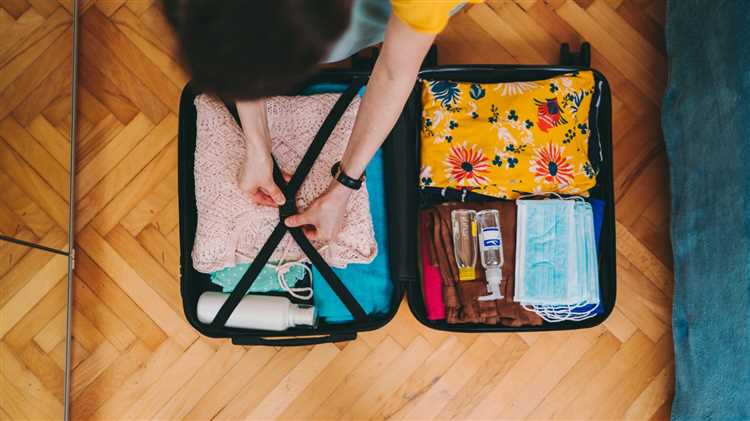
Many airlines partner with credit card companies to offer co-branded credit cards. These cards often come with a range of benefits, including the potential for waived bag check fees. By using the airline’s co-branded credit card to purchase tickets or by meeting specific spending thresholds, cardholders may be eligible for baggage fee waivers. The specific terms and conditions for qualifying for these benefits can vary depending on the credit card and the airline, so it’s important to review the details before applying.
Remember that even with waiving bag check fees, there are often restrictions on the size, weight, and number of bags that can be checked. It’s important to review the baggage policies of the specific airline to ensure compliance with their requirements.
| Option | Requirements |
|---|---|
| Frequent Flyer Status | Accumulate designated miles/achieve status level |
| Premium Cabin Tickets | Purchase first/business class or upgraded fare class tickets |
| Co-Branded Credit Cards | Purchase tickets with co-branded credit card/reach specified spending threshold |
Tips to Avoid Bag Check Fees
Bag check fees can quickly add up, especially if you’re a frequent traveler. To help you save money and avoid these fees, here are some tips:
- Travel light: The easiest way to avoid bag check fees is by traveling with only a carry-on bag. Most airlines allow you to bring a small suitcase or backpack on board for free. By packing efficiently and bringing only the essentials, you can avoid the need to check a bag altogether.
- Check airline policies: Before booking your flight, make sure to check the baggage policies of the airline you’re flying with. Some airlines may offer exemptions or lower fees for certain types of passengers, such as elite status members or those traveling with children.
- Use a credit card with travel benefits: Some credit cards offer travel benefits that can help you avoid bag check fees. For example, certain cards may reimburse you for bag check fees or offer free checked bags as a perk. Before your trip, check if your credit card offers any of these benefits.
- Join a frequent flyer program: Many airlines offer frequent flyer programs that come with perks such as waived bag check fees for members. By joining these programs and earning miles with your flights, you may be able to save money on bag check fees in the long run.
- Ship your luggage: If you have a lot of luggage or oversized items, it may be more cost-effective to ship them to your destination instead of checking them. Shipping services can sometimes be cheaper than paying bag check fees, especially for heavy or bulky items.
- Pack strategically: If you do need to check a bag, make sure to pack strategically to make the most of your luggage allowance. Roll your clothes instead of folding them to save space, and use packing cubes or compression bags to maximize the available space in your suitcase.
- Consider alternate airlines: Some low-cost airlines offer cheaper or even free bag check options. If you’re flexible with your travel plans, consider flying with these airlines to save on bag check fees.
By following these tips, you can avoid bag check fees and keep more money in your pocket for your travels. Remember to plan ahead, pack light, and take advantage of any available perks or benefits to make the most of your luggage allowance.
Question-answer:
How much does it cost to check a bag on domestic flights in the US?
The cost of checking a bag on domestic flights in the US can vary depending on the airline. On average, it can range from $25 to $35 for the first bag and $35 to $45 for the second bag.
Are there any airlines that offer free checked bags?
Yes, there are some airlines that offer free checked bags. For example, Southwest Airlines allows passengers to check up to two bags for free.
What are the additional fees for overweight bags?
The additional fees for overweight bags can also vary by airline. Generally, airlines charge an additional fee if a bag weighs more than 50-70 pounds. The fees can range from $50 to $200 depending on the weight of the bag.
Do all airlines charge for carry-on bags?
No, not all airlines charge for carry-on bags. Many airlines allow passengers to bring one carry-on bag and one personal item, such as a purse or laptop bag, for free. However, there are some budget airlines that charge a fee for carry-on bags.